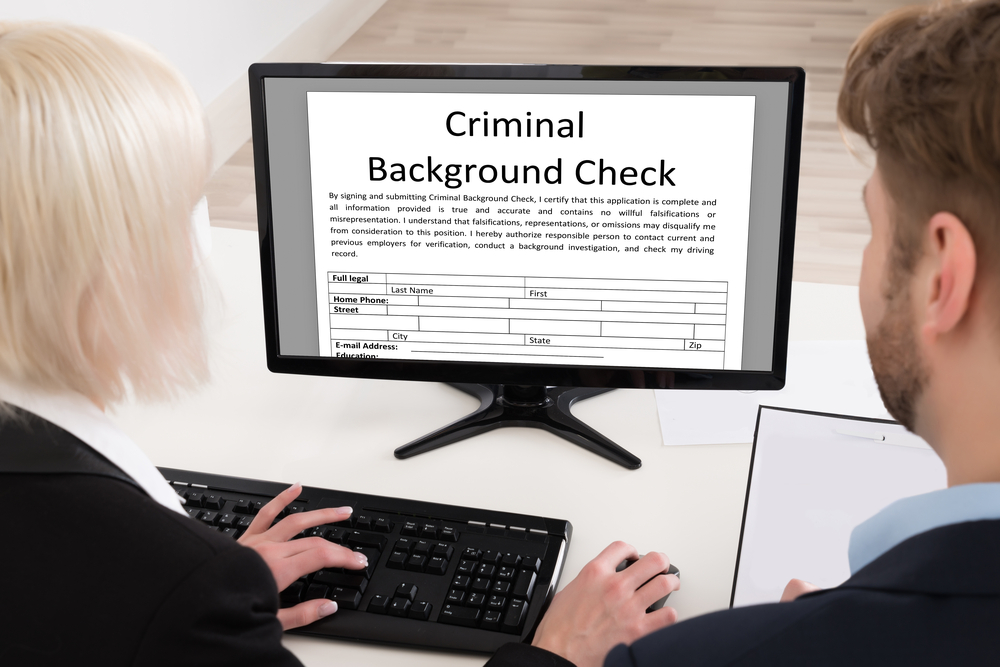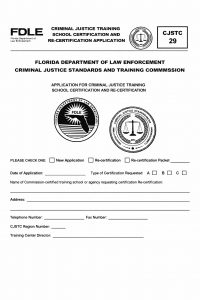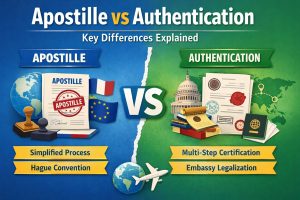When evaluating job candidates, their professional track record is a critical factor in hiring decisions. While resumes provide initial information, verifying employment claims has become a standard component of comprehensive background screening. Our background check packages include detailed employment history checks, giving employers confidence that candidates’ professional backgrounds are accurately represented.
What Employers Typically Want to Confirm
Employment history verification goes beyond simply confirming where a candidate worked. Comprehensive checks typically verify several key aspects:
Job Titles, Durations, and Roles
Standard employment verification confirms company names and locations, start and end dates of employment, job titles held, and primary responsibilities. This verification ensures candidates haven’t embellished their experience or claimed positions they never held. Industry research suggests up to 40% of resumes contain some form of misrepresentation regarding job titles or responsibilities.
Gaps in Employment
Unexplained gaps in employment history often raise questions. Verification processes help identify periods of unemployment not disclosed on resumes, overlapping employment claims, and patterns of short-term employment. While employment gaps aren’t necessarily negative, undisclosed gaps may indicate attempts to hide terminations or other employment issues.
Reasons for Leaving
Some employers also seek to understand why candidates left previous positions. While many companies limit what information they share about former employees, verification may reveal whether the employee resigned voluntarily or was terminated, eligibility for rehire status, and general performance assessments (where legally permitted).
How We Verify Employment History
Professional background screening uses multiple methods to ensure accurate verification:
Direct HR Contact
The most reliable verification involves direct communication with previous employers. Our specialists contact HR departments or designated verification contacts using structured questionnaires to ensure consistent data collection. We also implement follow-up protocols to address non-responsive employers.
Database Cross-Checking
To supplement direct verification, we search specialized employment databases such as commercial employment history databases like The Work Number, payroll record repositories (with candidate authorization), and professional license verification for relevant positions.
Optional Document Verification
For roles requiring additional certainty, we offer enhanced document verification including W-2 form review, pay stub analysis, and professional reference checks with supervisors. These supplemental measures provide multiple verification angles, particularly valuable for executive roles or positions with high security requirements.

Can You Choose to Include or Skip This Check?
We’ve designed our background check packages to be fully customizable:
Tailored Verification Packages
Employers can select employment verification options based on position sensitivity and responsibility level, industry-specific compliance requirements, organizational risk tolerance, and budget and time constraints. While we recommend comprehensive verification for most positions, some roles may require more focused approaches.
Popular customization options include verification limited to the past 5-7 years, confirmation of most recent 2-3 employers only, verification of specific employment elements (dates and titles only), and enhanced verification for selected positions with management responsibilities.
Why Accurate Employment History Matters
Employment verification serves critical functions in the hiring process:
Trust-Building for Hiring
Verified employment history establishes a foundation of trust. Candidates who successfully complete verification demonstrate transparency, while hiring decisions based on verified information reduce future surprises. Consistent verification practices show fairness in selection, and documented verification protects organizations from negligent hiring claims.
When candidates know their backgrounds will be verified, they’re more likely to be forthcoming from the start, improving the quality of information during the hiring process.
Legal Liability for False Claims
Failing to verify employment claims can expose organizations to significant risks. Employees who misrepresent qualifications may lack necessary skills, and undetected falsification may indicate character issues that extend to other areas. Additionally, industry-specific regulations may require verification for compliance, and negligent hiring claims can arise if unverified employees cause harm.
Research indicates employees who misrepresent credentials are significantly more likely to engage in other workplace policy violations, making employment verification an important risk indicator.









